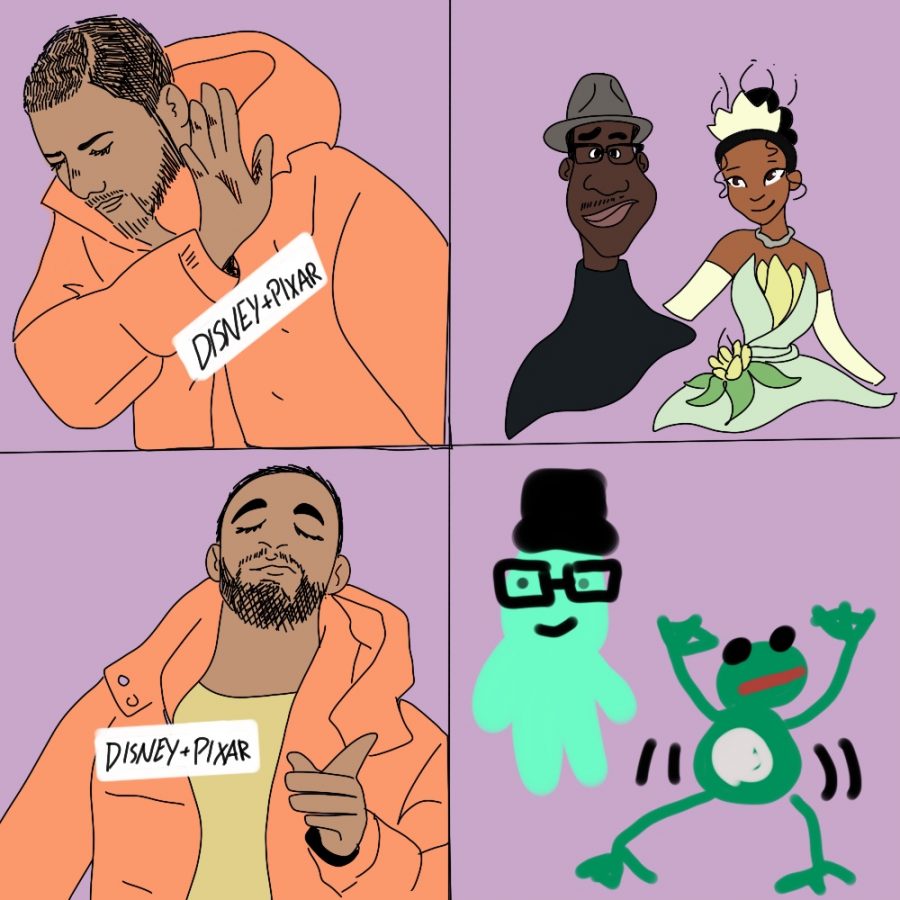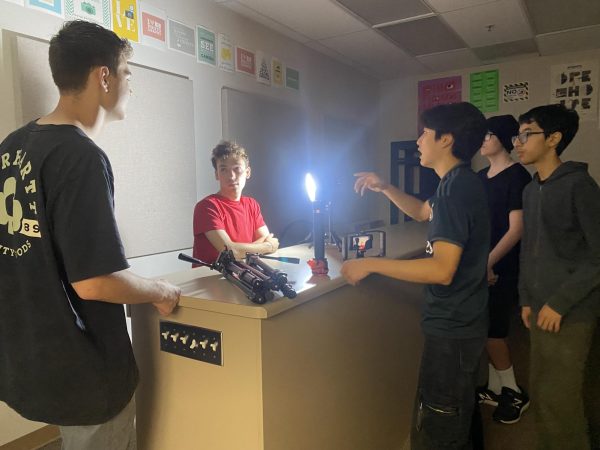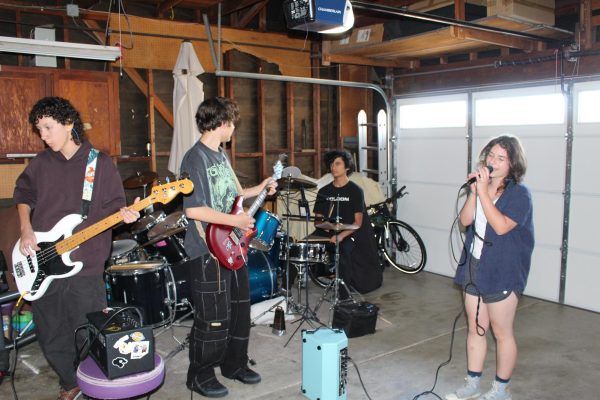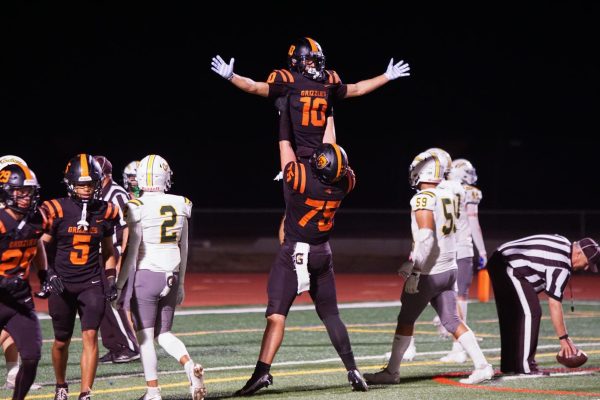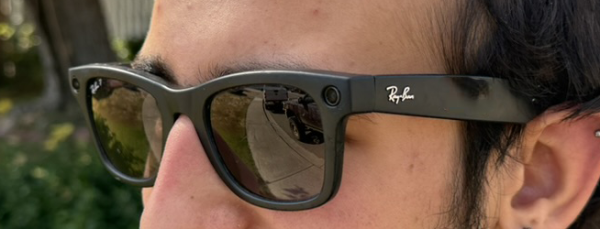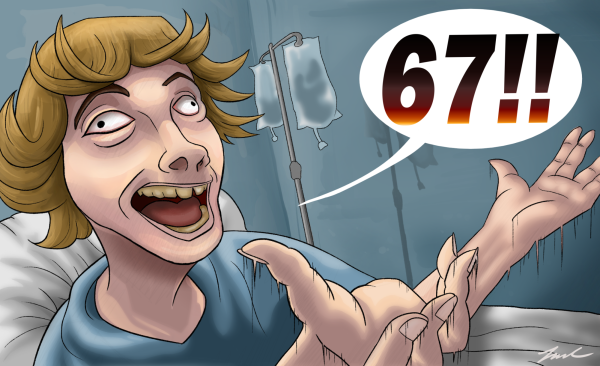Representation without transformation
New Pixar movie ‘Soul’ had so much potential before following a problematic trope
The quest for more representation meets a new roadblock, and that is transforming people of color for the majority of their films.
Representation matters, but after watching the trailer of Pixar’s new movie “Soul,” scheduled for release on Christmas day, people were left irritated. While it is the first-ever Pixar movie to feature a Black lead, it follows a problematic trope of representation with transformation as seen in its released trailers.
“Soul” follows middle school band teacher Joe Gardner, who has dreams of performing on the big stage. But then he suddenly finds himself in a different realm as a teal soul blob to help someone to find their passion.
The movie had so much potential to show Gardner’s life as a Black man, but that opportunity was thrown away when Pixar decided to make him a blue blob for a majority of the movie.
Now, where have we seen this before? In 2009, “Princess and the Frog” was released and like “Soul,” it got a lot of people from the Black community excited to see someone that could represent them being the lead of an animated movie. It was going so well.
Tiana was a girl with a dream who wanted to open her very own restaurant in her city of New Orleans. As a waitress, she was saving buck-to-buck to be able to afford her own place. She was a hustler, a beautiful woman with struggles against racism and sexism, and she was a role model for those who could find themselves in her.
The film could have gone more in-depth about her struggles as a Black woman and teach the audiences who have never dealt with systematic racism or sexism. Instead, Disney just turned her into a frog, pushing her struggles to the side for basically the rest of the movie.
“When diverse characters lose their identities, the audience loses opportunities to absorb valuable lessons and insights,” Andrew Tejada wrote on Tor.com, an online science fiction and fantasy magazine.
Representation in our movies, especially those targeted toward kids, is so important because children are like sponges. They learn through their eyes, and without the representation in the shows and movies they watch so often it creates a negative impact on the American youth.
“Kids are generally very accepting, but when they are sheltered from different cultures by their parents, they grow up and see other people as aliens,” junior Stephanie Lau said. “Representation in movies can teach kids the right ideas when the parents aren’t stepping in.”
With so few movies featuring a minority in the lead role, it’s disheartening to see how many of them do not stay human for the entirety of their plots. Another example is Will Smith’s character Lance Sterling in the movie “Spies in Disguise.” Smith’s character was turned into a pigeon for a majority of the film. Being portrayed as a pigeon of all animals is probably one of the biggest insults.
One of the worst ways to do representation in a film is through stereotypes, especially ones that are derogatory and offensive. A character’s personality should not have to revolve solely on their race.
“If we can portray people of color as regular people who just also happen to have a particular unique heritage, that is the best way we can normalize minority representation and open the doors for greater acceptance of all types of people,” junior Audrey Luu said.
So how do we approach the right way of representation?
“In order to improve the representation of minorities in the film industry we need to have more minorities working in the film industry not as actors but as producers, writers, and people on the crew,” senior Maddie Harris said. “Without their voices, we can’t make accurate films about the representation of minorities.
“The only way to avoid the misinformation is to have minorities and people of color working behind the camera alongside people who don’t have the experiences that they do,” Harris continued. “If we hand their narratives over to people who are inexperienced or haven’t lived in their shoes, we’re going to end up with an accurate representation of minorities no matter what.”
As an aspiring filmmaker, Harris believes diversity should be highlighted and celebrated but also normalized. Representation shouldn’t be a tool of capitalization, where producers are simply checking box after box in order to generate more money and profits. It should be a way for minorities to be heard and feel seen and share their stories.
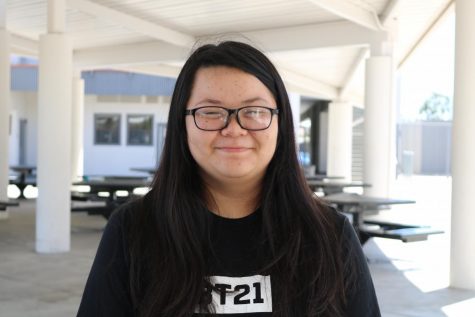
Michelle Nguyen is a senior at Cal High and is features editor for the Californian Newspaper. She’s also the publicist for Cal High Interact, Interact...

Michelle Nguyen is a senior at Cal High and is features editor for the Californian Newspaper. She’s also the publicist for Cal High Interact, Interact...
